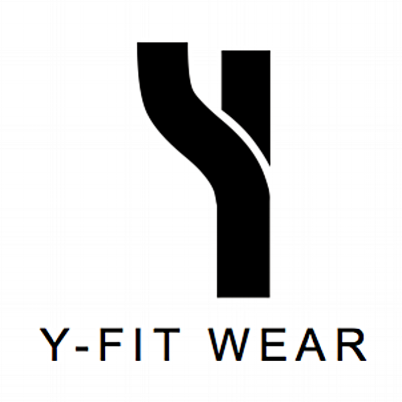The impact of Fitness influencers
Are fitness influencers more powerful than elite athletes commercially?
The growth of fitness influencers on social media is continually growing and I’m figuring out how to apply it to my vision. As someone who doesn’t come from the fitness space, I first dismissed the impact fitness influencers have on Instagram because they don’t really tend to have a talent or skill in terms of sport because they are just “influencers”, especially as they describe themselves in their bios as ‘athletes’ which for me who has played and plays football competitively as a semi-pro athlete and an aspiring pro athlete just because you go to the gym and people follow your journey doesn’t make you an athlete. So I had an initial lack of respect and appreciation for the influencers. I have a respect for the craft of being an ‘athlete’ and the elite athlete whether Lionel Messi, Lebron James, Conor McGregor or Anthony Joshua, I admire them for their gift, dedication and ability as athletes. But where I shifted my mindset was in the ‘impact’ fitness influencers have. I broke it down into a few things. First thing, they are ‘relatable’ one thing with those elite athletes it’s hard to relate to them because they seem so distant from normality, they are like super-humans which although they have lots of fans and role models, there is a dis-connect with the world and where the attention of the world is i.e. Social media. So in turn the influencers on Instagram are relateable and are ‘normal’ in which makes them have influence that an athlete won’t have. The second thing is they are ‘active’ online. Everyone is on social media and part of being an influencer is your social media presence in which when you analyse the top influencers, they is very active, multiple posts per day, active insta stories, so Instagram is integrated into their daily lives and is a very direct way to communicate with their fans and followers. Elite athletes are busy being athletes so understandably don’t have the time to be that active on social media. Influencers make a priority to being accessible, that’s the third point, and in today’s climate of the culture make them even more powerful especially in business terms because they are relatable and accessible. They are closer to the consumers so can have more of an impact in certain terms. Obviously big brands sponsor the elite athletes but brands like Gymshark are proving the impact and power you can have by sponsoring social media influencers.
For sportswear brands that don’t have the resources or money to sponsor elite athletes, fitness influencers are an underpriced marketing tool, especially at a ‘mirco’ level for start ups. This applies across different areas not just sport and fitness. It’s now where in terms of branding, pro athletes are starting to have more online presence and trying to become more accessible because the ‘influencer way’ has become so powerful. Relatable is such a powerful thing and if an athlete at the level of the elite uses an influencer way of marketing on social media, their brand goes through the roof, but only a few want to or are trying to adopt the influencer methods, and you are starting to see this with retired athletes because social media is way the attention is and for your personal brand or business you just have to be there.
Now young people look up to these influencers who are not professional athletes but have an impact in inspiring people through fitness and training have become very powerful and role models to many. The main reason the fitness influencers are more powerful in terms of impact is because of the level of engagement and for personal branding and brands there is no better strategy then engagement between athlete and consumer.
I think the big brands like Nike & Adidas are seeing the impact of these influencers but in my humble opinion are naive to it, as maybe it’s but choice because they are not ‘real’ athletes or it’s naivety to the impact they have in society and the inspiration they provide people with how relatable they are, their openness and accessibly on social media. If I were the CEO of Nike I would sponsor Michelle Lewin (10.5 mil on Instagram) and make her the face of Nike Women and in the big women’s campaigns alongside Serena Williams (5.6 mil on Instagram) & Allyson Felix (523k) because the impact of the fitness influencer is growing and may be more powerful in regards to impact as they are more influential on the platforms were everyone’s attention is.

